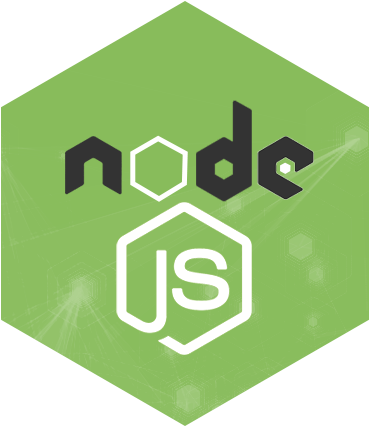Node.js

Node.js is a free open source server framework. It also uses JavaScript on the server. Node.js eliminates the waiting, and simply continues with the next request. Node.js runs single-threaded, non-blocking, asynchronously programming, which is very memory efficient. Node.js can generate dynamic page content. Node.js can create, open, read, write, delete, and close files on the server. Node.js can collect form data. Node.js can add, delete, and modify data in your database. The fundamental goal of the Node.js project is to provide a JavaScript-based application development platform that is current, reliable, and stable. Node.js owes much of its success to the existing ecosystem of module and add-on developers. The Node.js project should do everything it can to support the continued growth and stability of that ecosystem. This includes, but is not limited to, keeping Node.js focused on providing a minimal kernel of core functionality while deferring, as much as possible, additional capabilities and features to add-on modules or applications. Recent developments are major changes that include backwards-incompatibility, breaking changes. With a few notable exceptions, the Node.js Core Library API is largely built around ES5 Language features. While there are currently no plans to do so, it is possible for post-ES5 JavaScript language features to be introduced into the Core Library API in the future.